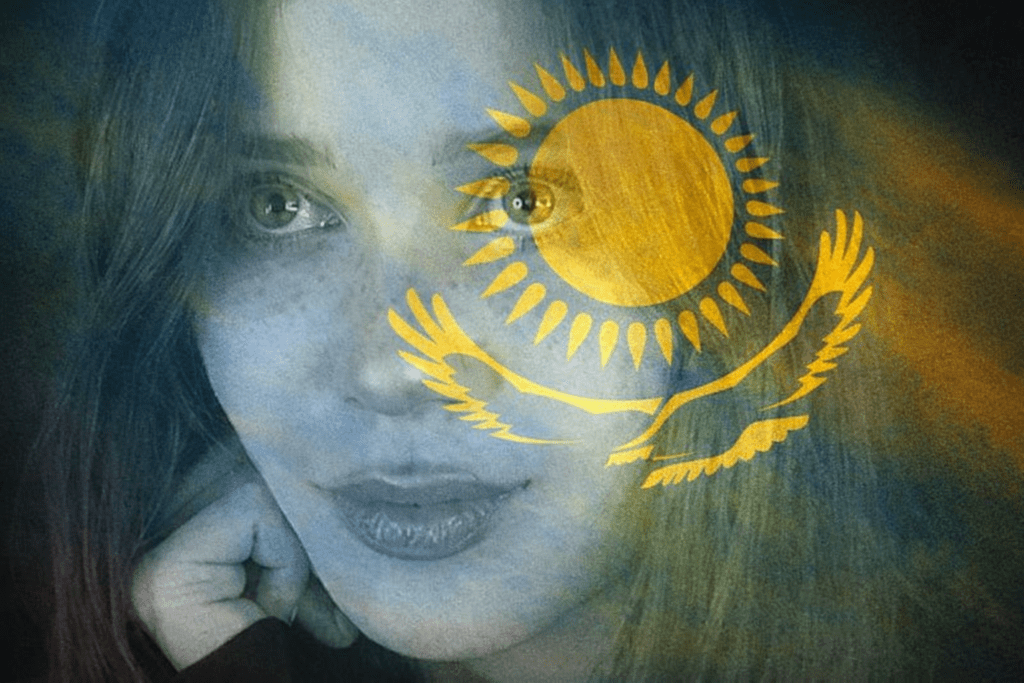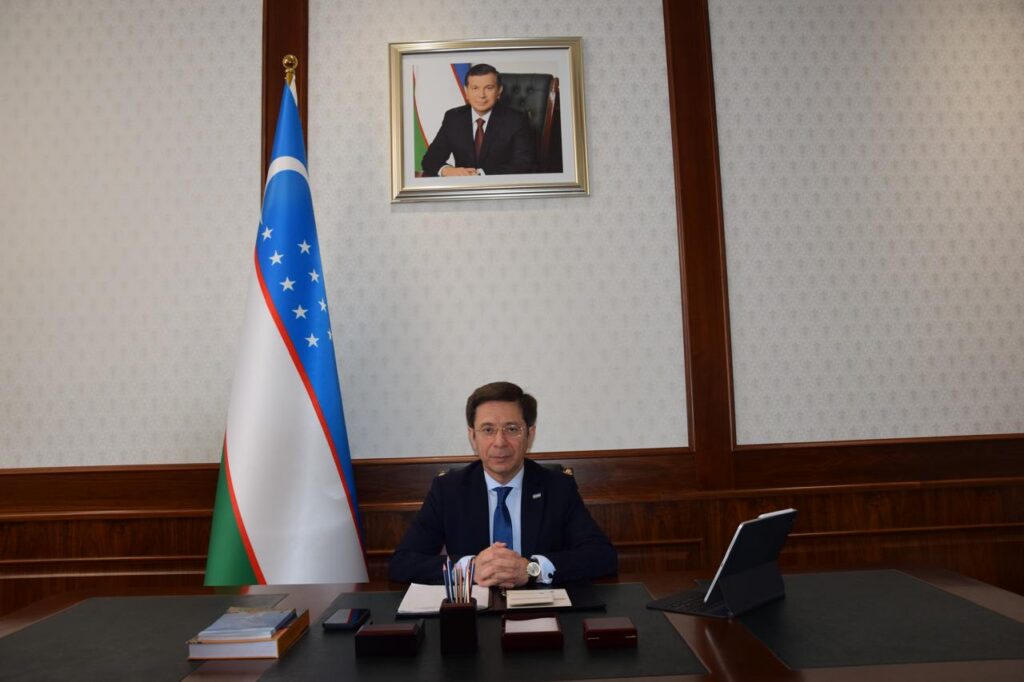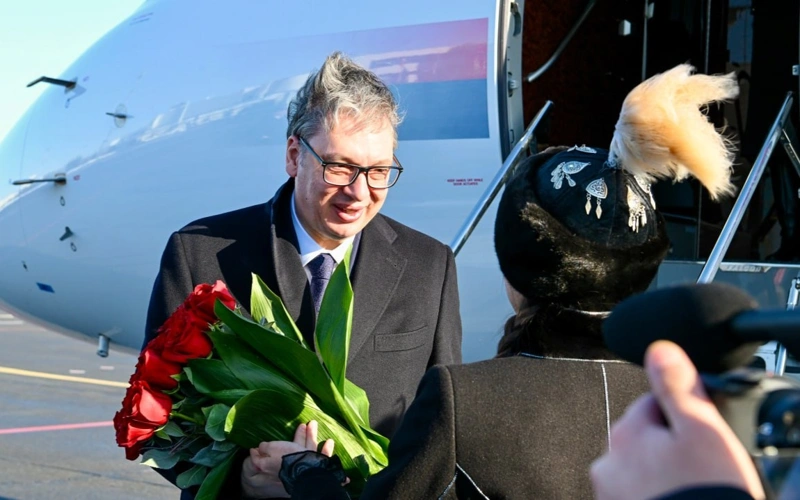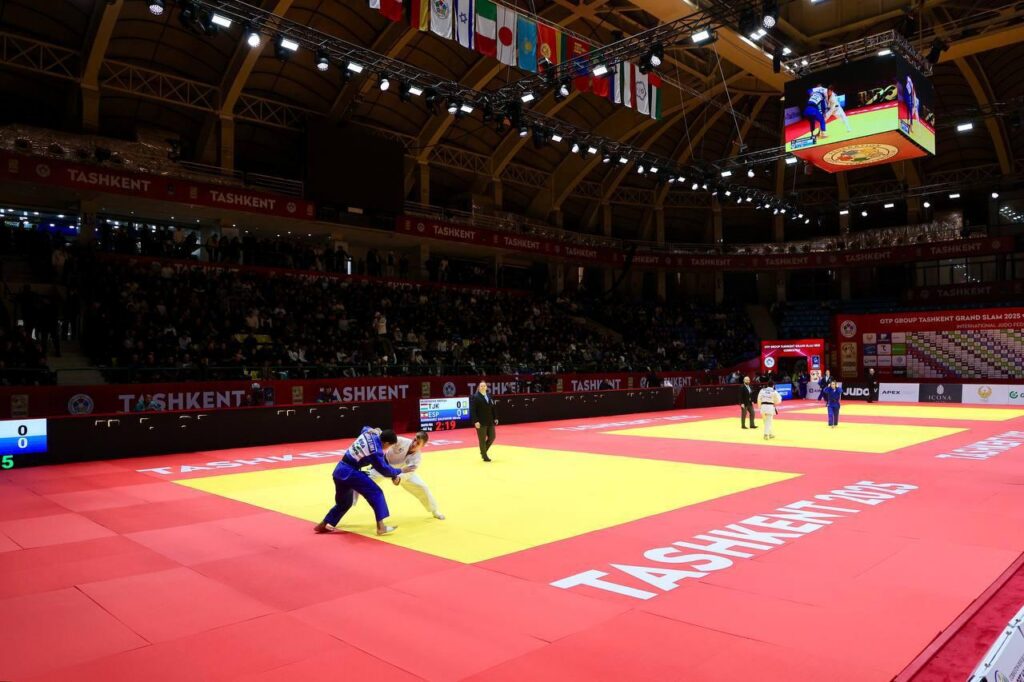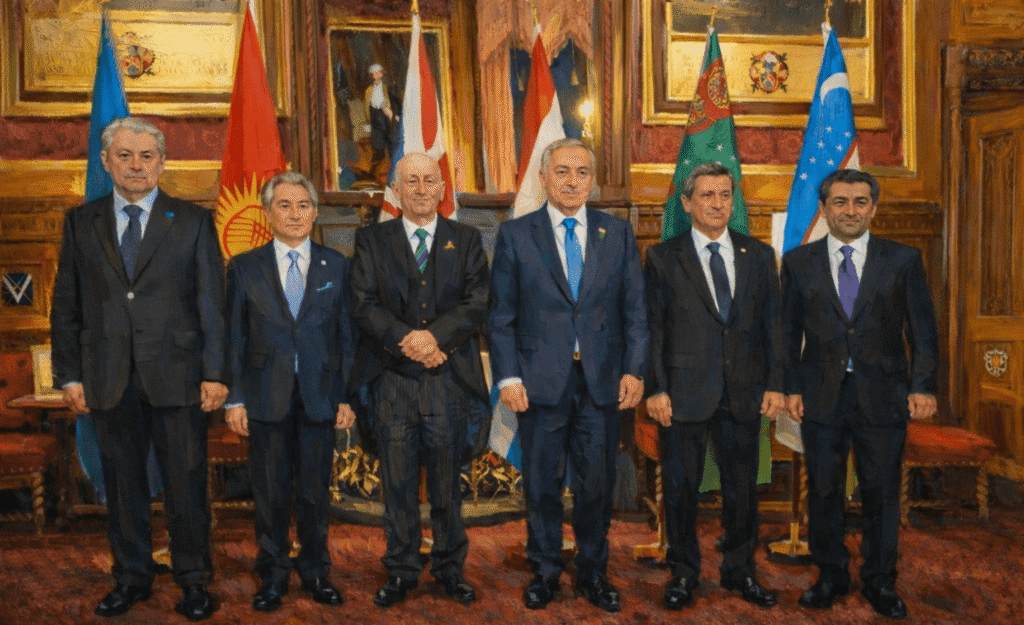LONDON (TCA) — Should Central Asia care whether or not Kurds in the world will have their own home in the form of the Greater Kurdistan Republic, covering the northern regions of Iraq and Syria? The answer would be no without taking precedent mechanisms into consideration. There has been talk more than once about Kyrgyzstan being split up into North and South or Tajikistan’s east proclaiming independence, and separatist tendencies in northern Kazakhstan. Any other attempt to change the geopolitical map anywhere in the world means bad tidings for other areas suffering from either real or imaginary geopolitical threats.
Kurdish minorities in Central Asia
Kurds form small minorities in Central Asia. Their earliest ancestors came to the Russian Empire and the mainly Persian-controlled Transcaucasus during the XVIII Century with the expansion of the Ottoman Empire. In particular in Turkmenistan, waves of Kurdish immigration date from the XVII till the XIX Century, mainly from Iran. Today, Kurds recognized as such in Turkmenistan number 6,097, according to the 1995 census. Their number is said to have dwindled to less than half under Saparmurat Niyazov who abolished all cultural rights of minorities and persecuted those who raised their voices in protest.
In Kyrgyzstan, the number of Kurds is estimated at around 30,000, even as the number of people registered as such amounted to no more than 13,171 according to the 2009 census.
In Uzbekistan, Kurds make up for no more than 1,839 (1989 census). In all, the estimated numbers of Kurds living in the wider Central Asian domain’s republics are approximately as follows: Kazakhstan (30,000), Kyrgyzstan (20,000), Uzbekistan (10,000), Tajikistan (3,000), Turkmenistan (50,000), and Siberia (35,000).
Greater Kurdistan
“Greater Kurdistan,” as the conceived “new state” is dubbed, seems far from Central Asia’s sphere of headaches. In fact, it is an expansion of the existing autonomous region of Iraq with the same name into northern Syria. As a reward for their support of Iraq’s Ba’ath regime in its war against Iran, the Iraq Kurds were given a high level of autonomy in the early 1980s – with the promise to be united with areas in western Iran after the country’s mullah regime would have been brought down.
That never happened. The main opponents were the traditional chiefs Masoud Barzani (present head of state of autonomous Kurdistan inside Iraq) and his sworn enemy Jalal Talabani, who was President of Iraq till summer 2014. During the war, he has more than once been accused of siding with Iran. Ever since, the two main fractions have remained in a state of constant struggle.
Trouble-seeking forces
The first idea to create a “new state” under global tutelage was born in the wake of the First World War, and was launched by the American President Woodrow Wilson, who somehow got excited with the idea of a “greater Armenia” as a sort of compensation for the sufferings of the Armenian people during the war. It would have stretched from Aleppo to Trabzon and from there far into the territory of Azerbaijan. The scheme stranded when Lenin and Atatürk simply decided to split the territory up between themselves.
A second attempt to form a new state under international supervision was more successful with the creation of Israel after the next World War. The motivation was similar, in the form of the devastating genocide by the Nazis. The territory’s original population, the Palestinians, however, are paying the price up to our days. Ironically, in the latest creation, namely Kosovo in former Yugoslavia, the fate of the Serb minority bears quite some similarity with that of the Palestinians.
In other words: in all cases where “stateless nations” are being given a state, one or more other nations are being kicked out. It usually starts with pogroms sparked by incitements by external trouble-seeking forces. They occasionally happened in Kazakhstan and Kyrgyzstan, but without the desired “flood effect” spreading over the entire country.
Kyrgyzstan: flashes and clashes
“In 1987-88, ethnic conflict in Kyrgyzstan and neighboring countries of Tajikistan and Uzbekistan forced many of the Kurds to leave these republics. Most of them settled in Krasnodar (southwestern Russia), where many Kurdish refugees from Armenia were located,” the local news agency KB reported on April 27, 2009, following ethnic clashes in the Kurdish village of Petrovka 40 kilometres from Bishkek. Several homes were destroyed and dozens of cars were smashed. Authorities were investigating whether or not the rioting had been caused by ‘ethnic, racial, or inter-regional hatred.’
Similar – though unconfirmed – reports have popped up from time to time in the region. The creation of “Greater Kurdistan” as a sovereign state will no doubt result in an influx of Kurds from the former USSR and other parts of the world, each with different views on who is supposed to be in charge. Turkey is bound to declare all-out war on it on top of that, while the attitude of Damascus does not leave much to guess either. In other words: more trouble in a wider region which needs trouble-free conditions most of all.



